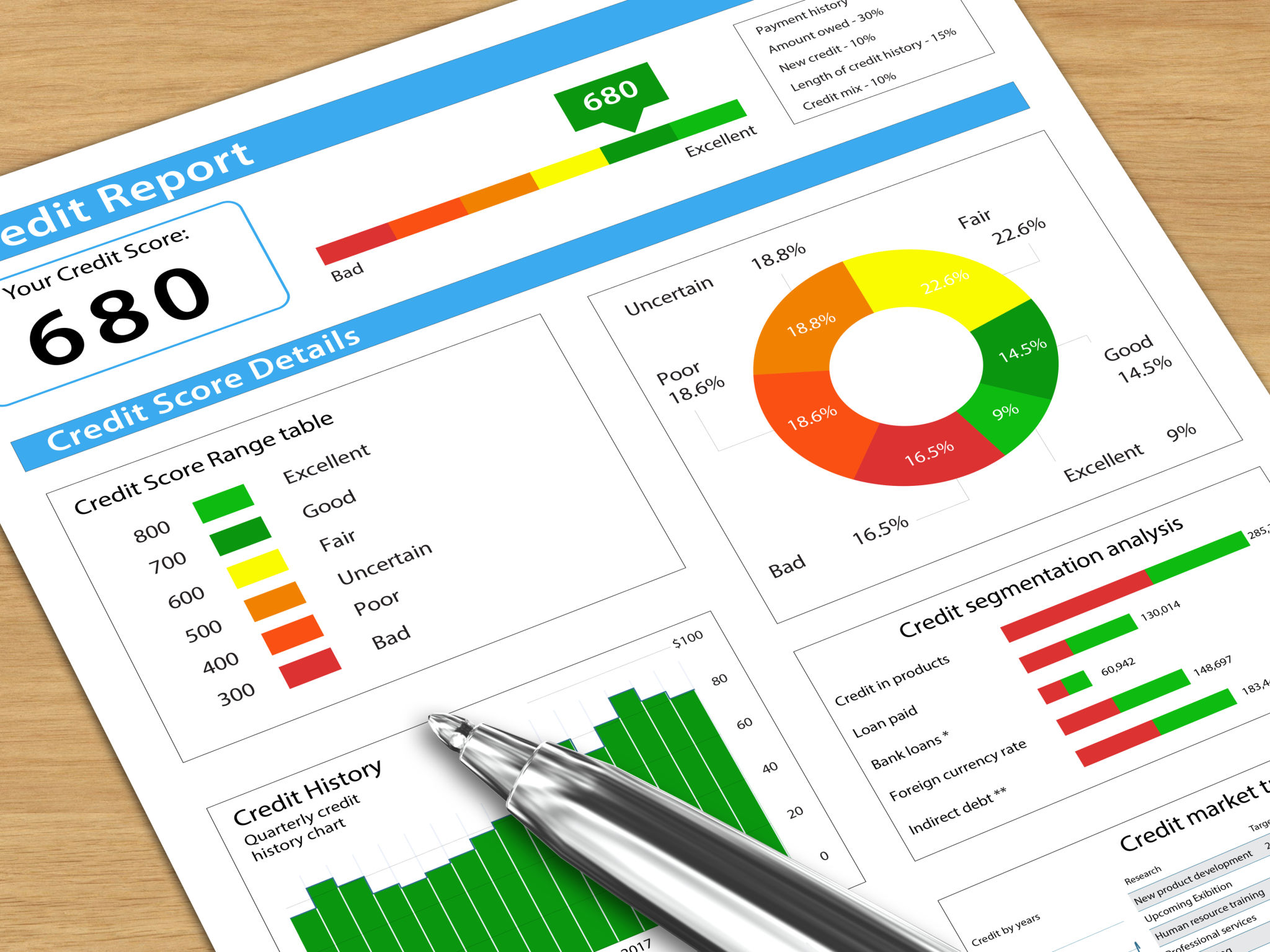Expert Tips for Managing Business Credit During Economic Uncertainty
Understanding the Importance of Business Credit
In times of economic uncertainty, managing business credit effectively becomes even more crucial. Business credit is a key component in maintaining financial health, securing funding, and ensuring operational continuity. Businesses with strong credit profiles have a better chance of weathering economic storms and accessing financial resources when needed. Understanding your business credit score and how it impacts your financial decisions can set the foundation for better management.

Regularly Monitor Your Credit Reports
One of the first steps in managing business credit is to regularly monitor your credit reports. By keeping an eye on your reports, you can quickly spot any discrepancies or fraudulent activities that might harm your credit score. Many businesses overlook this step, but it is crucial for maintaining a healthy credit profile. Consider subscribing to a credit monitoring service that alerts you about any changes or updates to your credit report.
Maintain a Healthy Credit Utilization Ratio
Your credit utilization ratio is the amount of credit you are using relative to your total available credit. A high utilization ratio can negatively impact your credit score. Aim to keep this ratio below 30% to demonstrate responsible credit management. This not only helps in enhancing your credit score but also portrays your business as a less risky venture to potential lenders.

Build Strong Relationships with Lenders
During uncertain economic times, having strong, established relationships with lenders can be incredibly beneficial. Lenders are more likely to extend favorable terms to businesses they trust. Regular communication and timely repayments can help build this trust. When possible, try to secure lines of credit or negotiate terms before you actually need them, so you're prepared for any financial challenges that may arise.
Consider Alternative Financing Options
Traditional lending might become restrictive during economic downturns, so it's wise to explore alternative financing options. These can include trade credit, invoice financing, or crowdfunding. Each of these options has its own advantages and potential drawbacks, so it's important to research and choose the one that best fits your business needs.

Maintain a Cash Reserve
A cash reserve acts as a safety net during periods of economic uncertainty. While it's important to focus on maintaining a good credit profile, having liquid assets readily available can provide immediate relief for unforeseen expenses or revenue shortfalls. Ideally, this reserve should cover three to six months of operational expenses.
Plan for Different Economic Scenarios
Scenario planning is an effective strategy for managing business credit during uncertain times. By preparing for various economic conditions, you can create flexible financial plans that allow you to adapt quickly. This might include potential cost-cutting measures, identifying non-essential expenses that could be reduced, or outlining ways to pivot your business model to align with changing market demands.
In conclusion, managing business credit during economic uncertainty requires diligence, strategic planning, and proactive financial management. By understanding your credit profile, building relationships with lenders, and preparing for different scenarios, you can better position your business to navigate these challenging times with confidence.
